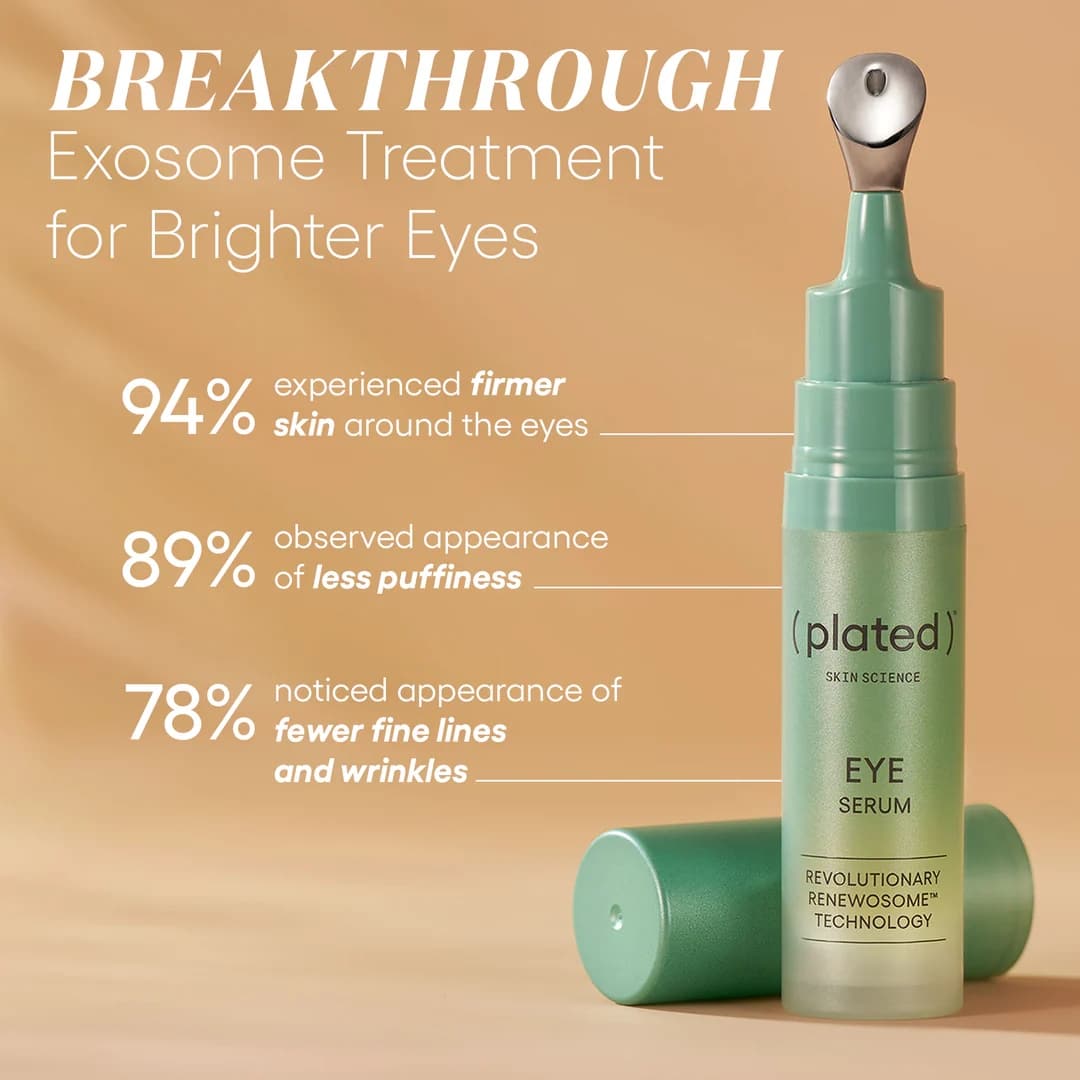
Revolutionizing Skin Therapy with Cutting Edge Technology and Data Driven Results
The landscape of skin therapy is undergoing a transformative shift, driven by the integration of cutting-edge technology and data-driven approaches. Recent industry reports indicate that the global skin care market is projected to reach $189.3 billion by 2025, highlighting a growing demand for innovative treatment options. Advances in artificial intelligence and machine learning have paved the way for personalized skin therapy solutions, ensuring more effective and targeted interventions. Additionally, studies show that 70% of dermatologists are now incorporating telemedicine into their practice, further emphasizing the trend towards technology-enhanced care.

As we delve into the revolutionary methods reshaping skin therapy, it becomes clear that harnessing the power of data not only enhances treatment outcomes but also empowers patients to achieve their skincare goals with unprecedented precision.
Innovative Technologies Transforming Skin Treatment Paradigms
The landscape of skin therapy is undergoing a significant transformation with the advent of innovative technologies that are shifting traditional treatment paradigms. According to a report by the American Society for Dermatologic Surgery, nearly 70% of patients are now seeking non-invasive cosmetic procedures, a trend fueled by advancements in laser treatments, microneedling, and integrated software solutions that enhance treatment efficacy. Technologies like artificial intelligence are playing a pivotal role in analyzing patient data and tailoring individualized treatment plans, thereby improving outcomes and patient satisfaction.

Moreover, recent studies published in the Journal of Drugs in Dermatology indicate that machine learning algorithms can predict treatment responses with an accuracy of up to 85%. This data-driven approach not only supports clinicians in making informed decisions but also empowers patients with personalized options grounded in empirical evidence. As these technologies continue to evolve, they not only enhance the safety and effectiveness of skin treatments but also redefine how practitioners approach skincare, ushering in a new era focused on precision medicine and patient-centric care.
Leveraging Data Analytics for Enhanced Skin Health Outcomes
The beauty and personal care market has been undergoing significant transformation, particularly in skin therapy, propelled by cutting-edge technology and innovative data analytics. According to market research, the global beauty industry is projected to reach a value of approximately $735.3 billion by 2025, with skin care products comprising a substantial share. This growth is driven by an increasing consumer demand for effective and personalized skin health solutions, emphasizing the need for data-driven insights in product development and marketing strategies.
Recent advancements in data analytics have further enhanced skin health outcomes. For instance, the application of AI in dermatology—specifically the PanDerm model—has shown remarkable proficiency in diagnosing skin conditions by analyzing over 2 million images. Such technology not only improves diagnostic accuracy but also offers a deeper understanding of patient needs, especially in addressing sensitive skin issues. As the sector continues to leverage data analytics, companies are better equipped to tailor their product offerings and marketing strategies to meet the evolving expectations of consumers, ensuring optimized results and sustainability in the market.
Revolutionizing Skin Therapy Outcomes with Data Analytics
This chart illustrates the improvement in skin health outcomes through the utilization of advanced data analytics over a 12-month period. The data reflects the percentage of patients experiencing significant skin health improvements across various therapies.
Personalized Skincare: The Intersection of AI and Dermatology
The intersection of artificial intelligence and dermatology is transforming personalized skincare, paving the way for treatments that are tailored to individual needs. By leveraging advanced algorithms and big data, dermatologists can now analyze skin conditions more accurately and recommend products that align perfectly with each patient’s unique profile. This technology not only enhances the effectiveness of treatments but also empowers patients to make informed choices about their skincare regimens.
**Tips for Personalized Skincare:**
1. **Know Your Skin Type:** Understanding whether your skin is oily, dry, combination, or sensitive is crucial. Use AI-powered skin analysis tools available through many skincare brands to get precise insights.
2. **Track Your Skin Progress:** Regularly documenting changes in your skin can help you and your dermatologist refine your skincare routine. Utilize apps that allow you to record photos and note any reactions to products.
3. **Stay Informed About Ingredients:** Invest time in learning about the active ingredients that work best for your skin concerns. AI tools can suggest formulations based on your specific needs, ensuring you get the most effective results.
By integrating technology into skincare, individuals are not only addressing their concerns more effectively but also enjoying a more holistic and informed approach to their beauty routines.

Integrating Smart Devices for Real-Time Skin Monitoring
The integration of smart devices in skincare is revolutionizing how we monitor and enhance our skin health. With real-time skin monitoring capabilities, these cutting-edge technologies allow users to track changes and identify issues as they arise. For instance, devices equipped with sensors can analyze skin hydration levels, UV exposure, and even the presence of pollutants, providing valuable data that helps tailor skincare routines to individual needs.
Tips: To maximize the benefits of smart skincare devices, ensure you regularly sync them with their corresponding apps. This will provide you with comprehensive insights and trends over time. Additionally, remember to adjust your skincare products based on the feedback from your device; for instance, if your device indicates increased dryness, consider incorporating a richer moisturizer into your routine.
By harnessing data-driven results, individuals can take proactive steps in their skincare journey. Whether you're targeting acne, aging, or pigmentation, these innovative devices can serve as your personal skincare assistant, delivering real-time advice and suggestions. Stay informed and connected to achieve healthier, more radiant skin.
Future Trends in Data-Driven Skin Therapy Approaches
The future of skin therapy is being shaped by innovative technologies and data-driven approaches that promise unparalleled results for patients. As the cosmetic and dermatological industries embrace artificial intelligence and machine learning, we're witnessing the emergence of personalized treatment plans tailored to individual skin profiles. These advancements not only enhance treatment effectiveness but also minimize adverse reactions, leading to safer and more successful outcomes. By utilizing vast datasets, practitioners can analyze trends and refine techniques, enabling them to offer cutting-edge solutions that adapt to each patient's unique needs.
As we look towards the future, emerging trends such as teledermatology and at-home diagnostic tools are transforming how patients engage with skin therapy. Remote consultations and AI-powered skin analysis apps empower individuals to take charge of their skincare journeys, allowing for quicker responses and continuous monitoring of their skin's condition. This data-centric approach not only streamlines patient care but also fosters a deeper understanding of how various factors, such as environment and lifestyle choices, influence skin health. Engaging patients in this manner ensures a more collaborative and informed therapy process, paving the way for a revolutionary era in skin health management.



